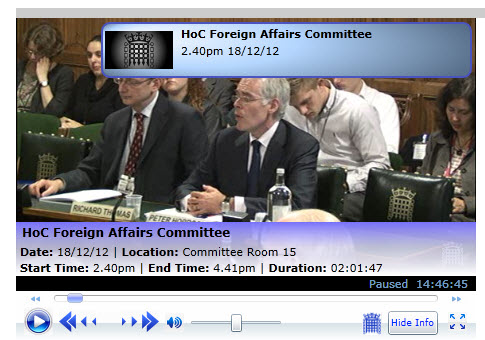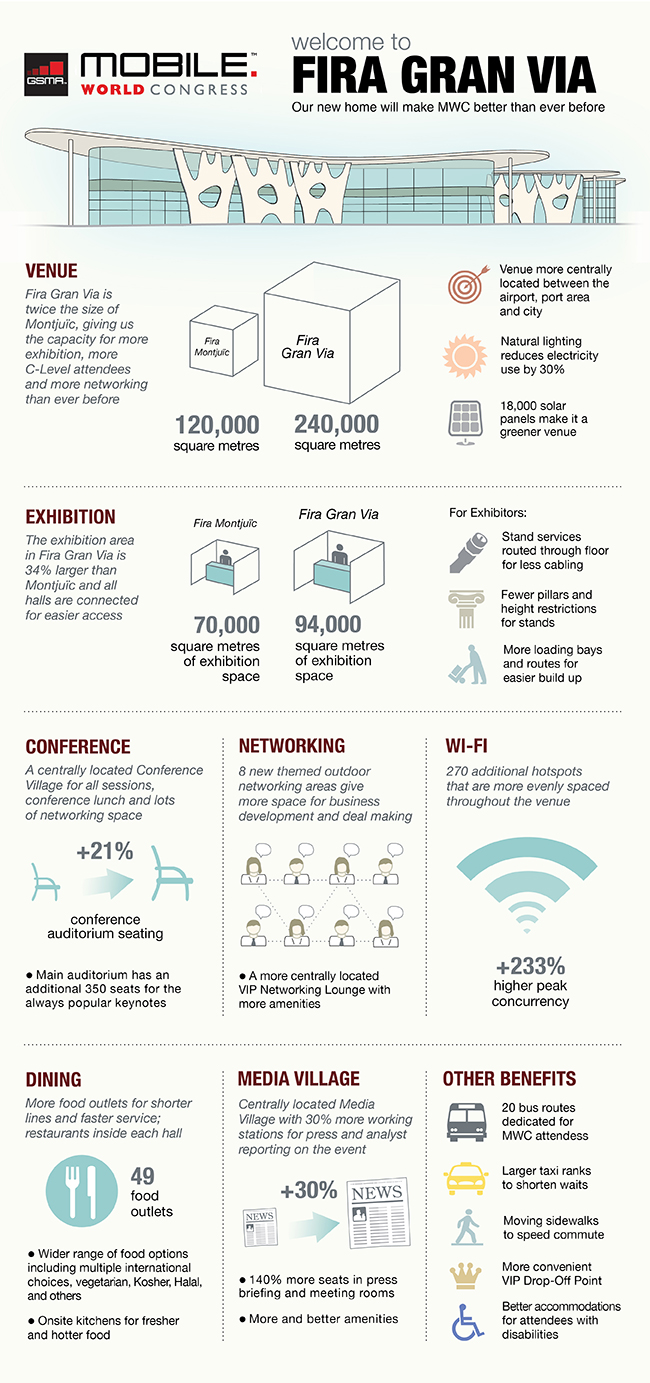
As someone still interested in the effectiveness of international broadcasting, I find the sessions held by the
UK Foreign Affairs Committee to be very interesting indeed. It is all too rare for government committees anywhere to take a serious interest in external broadcasting. In fact, I don't believe any other country goes into this level of detail about what it is trying to achieve through its media efforts abroad.
Although the committee is clearly in favour of a strong
BBC World Service, it does manage to pose awkward questions during the hour-long session. I thought the responses by Peter Horrocks were more robust and confident than in 2011, indicating to me that the organisation is climbing out of the savage financial cuts that hit them nearly two years ago.
 |
| Facebook strategy needs a serious overhaul though |
Four things still surprise me:
- That the UK government doesn't apply a similar restriction on Chinese media operating out of the UK to the same extent as imposed by Beijing on the Mandarin language service of the BBC. This would mean that accreditation would be granted to Chinese domestic stations but not to CCTV English language journalists.
- With the growing importance of TV for news, why doesn't the radio output broaden its perspective and make more use of the excellent material running on BBC domestic channels. There is some evidence of this, although why programmes like More or Less have to be chopped into pieces before they are fit for a world audience remains a mystery. And the World Service hasn't run any comedy in this Millennium. Which is a pity because the UK has some of the best political commentary writers and performers on the planet. BBC World is clearly a rolling news channel, with language services providing video material either for use in daily TV shows (like in Swahili) or for on-line. But when it comes to radio, there doesn't seem to be much point in just doing a rolling radio news format in English any more. It's just the same news without the benefit of pictures. And the number of outlets willing to take that kind of international news is dwindling. So reconsider ways in which BBC World Service in English can complement TV output, rather than compete with it. In the battle between radio and TV, radio always loses out, usually big time. To be clear - I don't mean less output, I mean complementary output.
- BBC Global News seriously needs to review it's on-line and embedding strategy. The Russians and Al Jazeera are well ahead in understanding what YouTube and other channels can do for reach. TV is not the only replacement for short-wave wireless. The Facebook strategy seems to be all over the place. And no-one has found the BBC World Service photostream on Flickr. 3 or 4 views per photo? Either do it properly or not at all.
- Perhaps more serious, I feel the BBC World Service is moving even further away from a continuous dialogue with the audiences. The Global Minds panel doesn't discuss radio any more but is now focussed on trying to work out my emotional reaction to TV news programmes. The Over to You programme on World Service radio is not a dialogue - not remotely similar to the BBC Radio Four Feedback programme, even though it appears to be made by the same independent production company. For one thing, Over to You seems to disappear from the site after a month (why?) when the Radio 4 equivalent always posts the entire series until the next season starts. The blog idea has been cancelled for a long while. Over to You says it gets lots of letters and phone calls - but how do we know that's really true and not "presenter fluff". What happens to those comments and suggestions? As a listener, I no longer believe I have much influence in shaping the output, despite what it says at the top of the podcast page. And maybe it's time to take the Zune button down?

I also note that the BBC Trust, who will finance the BBC WS from 2014, will be organising a public enquiry into the World Service in the second half of 2013. I wonder if they will accept submissions from abroad ?
I note that the embedding code from the site doesn't seem to work (perhaps it is restricted to UK?) but the video is watch-able on the UK parliament website from anywhere in the world. I appreciate that these sessions are made public.
The BBC World Service still keeps a lot close to its chest. In some cases, that's understandable. Many reporters are working at huge personal risk to themselves and/or their families. But sessions like the one above are important. Why don't other countries do this? Frankly, I don't think they would dare. I think they may be shocked by the testimony that their respective international broadcasters would give. The vast majority of international sound broadcasting has become terribly dull and parochial - if it is still has a presence at all. And modern platforms have only exposed the fact that no-one is listening to it. Which means it is a waste of valuable funds which could be diverted elsewhere.
 |
| The secret BBC Photostream on Flickr |


















